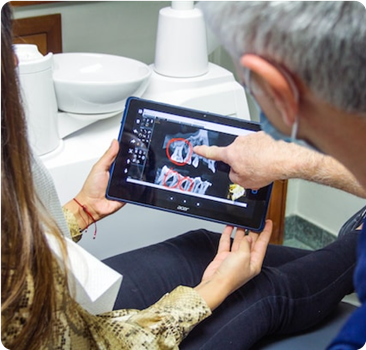GLP-1 medications are a class of drugs used in the management of type 2 diabetes mellitus. GLP-1 stands for Glucagon-Like Peptide-1, which is a hormone produced in the gut that plays a role in regulating blood sugar levels by stimulating insulin secretion, inhibiting glucagon secretion, slowing gastric emptying, and promoting satiety. To learn more about GLP-1 medications and how they can help manage diabetes, call the RescueMD office in Allen, Texas, or request an appointment online.
GLP-1 medications are effective in lowering blood sugar levels and improving glycemic control in patients with type 2 diabetes. They can also lead to modest weight loss and may have additional cardiovascular and renal benefits.
GLP-1 medications are typically prescribed for patients with type 2 diabetes who have not achieved adequate glycemic control with diet and exercise alone or in combination with other oral antidiabetic medications. They may be used as monotherapy or in combination with other antidiabetic drugs, such as metformin or insulin.
GLP-1 medications mimic the action of endogenous GLP-1 by binding to GLP-1 receptors on pancreatic beta cells. This stimulates insulin secretion in response to elevated blood sugar levels, leading to improved glucose control. Additionally, GLP-1 receptor agonists suppress glucagon secretion, which helps reduce blood sugar levels further.
GLP-1 medications are typically administered by injection, either subcutaneously or intramuscularly. They are available as:
These drugs include exenatide, liraglutide, dulaglutide, semaglutide, and lixisenatide. They are typically injected once daily or once weekly, depending on the specific medication.
Dipeptidyl peptidase-4 (DPP-4) inhibitors, such as sitagliptin, saxagliptin, and linagliptin, indirectly increase GLP-1 levels by inhibiting the degradation of endogenous GLP-1. They are administered orally.
Before initiating GLP-1 medications, healthcare providers consider factors such as the patient’s overall health, renal function, cardiovascular risk, preferences, and cost. They also monitor patients for signs of pancreatitis or other adverse effects during treatment.
Common side effects of GLP-1 medications include nausea, vomiting, diarrhea, and injection site reactions. These side effects tend to improve over time as the body adjusts to the medication. In rare cases, GLP-1 medications may increase the risk of pancreatitis or pancreatic cancer, although the overall risk appears to be low.
Overall, GLP-1 medications are valuable treatment options for type 2 diabetes, offering effective glycemic control, weight loss benefits, and potential cardiovascular and renal protection. They are often recommended as part of a comprehensive approach to diabetes management that includes lifestyle modifications and other medications as needed.
Here at RescueMD, we do believe that there is a place for GLP 1 medications as part of your medical weight loss program. Benefits are best when these medications are paired with exercise and dietary changes. We do prescribe multiple medications like Ozempic, mounjaro, semaglutide, tirzepatide, saxenda, phentermine, and wegovy.
Patients in Allen, Dallas, Plano, Frisco, McKinney, and surrounding areas can call us for an in-person consultation. We also accept patients listed on our locations page via telehealth visits.
945 Stockton Drive,
Ste #6100 Allen, TX 75013
Phone: 972-390-7667
Fax: 972-390-1557


All right reservers, Rescue MD 2024